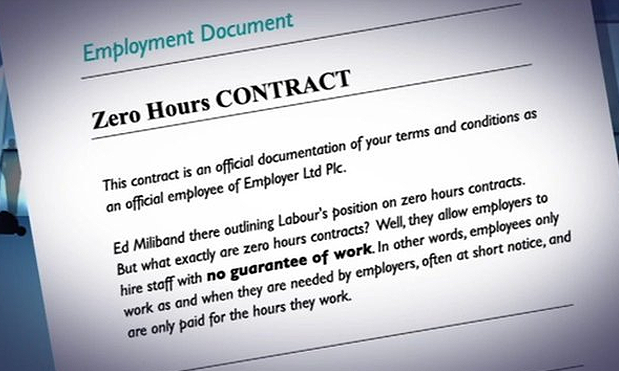 Zero hours contracts
Zero hours contractsProvisions in the Small Business Enterprise and Employment Act which purport to ‘ban’ exclusivity clauses in zero hours contracts (which are those that seek to prevent a worker from working for another business) came into force on 26 May 2015.
Does the Act ban all zero hours contracts?
No. Instead, the Act will render legally unenforceable those terms in zero hours contracts which prohibit workers from working for other employers, rather than altogether banning zero hours contracts. This means that employers will have to remove any exclusivity clauses in their zero hours contracts, but can continue to require workers to be available for work ‘as and when required’ and to refuse to offer work to those who cannot comply with this (including where they are working for someone else).
Will workers be able to bring a claim if their contract includes an exclusivity clause?
No. The Act does not contain a free standing right to bring a claim and there is little that a worker can do if their employer continues to insist upon enforcing an exclusivity clause.
In other words, the ban will not protect workers who are disadvantaged in some way (such as being denied work) because they have refused to agree to an exclusivity clause or have exercised their right to work elsewhere.
That may change in the future as the Act enables the Secretary of State to make future Regulations (which might include claims of unfair dismissal and unlawful detriment).
Attention Recruiters
See Live Jobs on SplitFee.org – Don’t Miss Out
It’s FREE if you Join Now!
Will the Government introduce anti-avoidance measures?
The Act was published last year and attracted a lot of criticism. It was argued that unscrupulous employers would be able to avoid the ‘ban’ by offering workers a minimum number of hours work per week (it was suggested that this could be achieved by offering as little as an hour’s work). In response, the coalition Government issued the draft Zero Hours Workers (Exclusivity Terms) Regulations 2015 for consideration by Parliament. It was anticipated that these will apply to all contracts under which a worker works less than a set number of hours each week, or earns less than a set amount per week and were specifically designed to protect low paid staff.
However, following the election, these draft Regulations have not been brought into force, and the Government has not indicated if it intends to introduce legislation to combat anti-avoidance measures.







